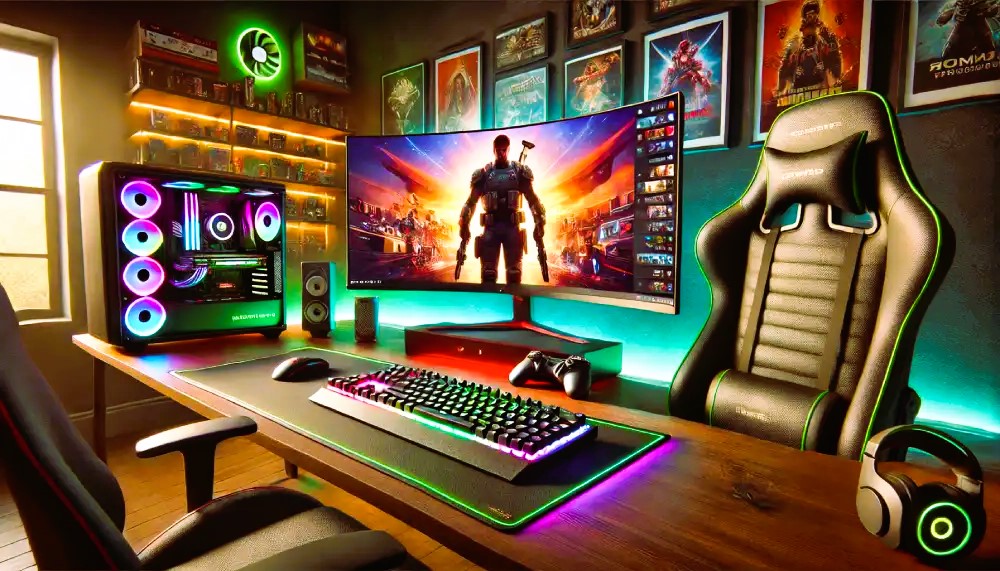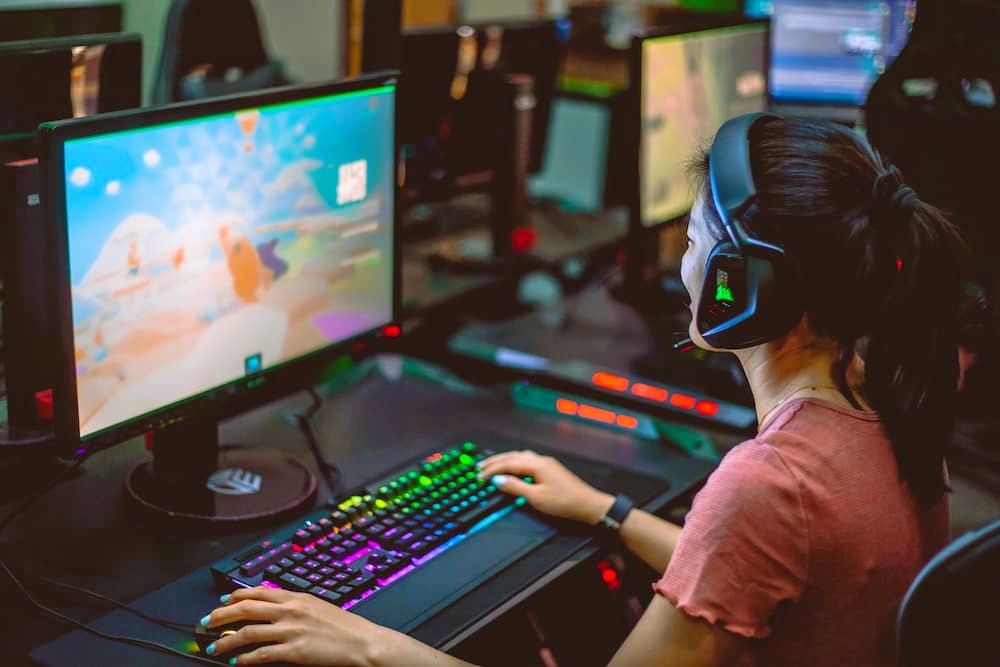Gaming can be an immersive experience, but long play hours can take a toll on your body and mind. It’s crucial to take breaks and rest between gaming sessions to maintain physical and mental well-being. In this article, we’ll explore effective ways to rest between gaming sessions to ensure you stay refreshed and avoid fatigue.
Why Taking Breaks Matters for Gamers
Reducing Physical Strain
Extended gaming sessions can lead to physical discomfort, such as sore wrists, neck pain, and eye strain. Taking breaks allows your muscles and eyes to relax, helping prevent injury and fatigue. Regular movement is essential to avoid long-term health issues like repetitive stress injuries or postural problems.
Preventing Mental Fatigue
Gaming can be mentally taxing, especially during intense sessions. Over time, it may lead to burnout, decreased focus, and lower performance. Resting between gaming sessions gives your brain time to recover, improving your focus and overall gaming performance.
Boosting Performance
Taking breaks can actually enhance your performance in the long run. Studies have shown that taking short, frequent breaks can improve reaction time, memory, and decision-making. When you give yourself time to recharge, you’ll come back to the game feeling sharper and more energized.
Tips for Resting Between Gaming Sessions

1. Take Regular Breaks
A general guideline is the 20-20-20 rule: every 20 minutes, take a 20-second break and focus on something 20 feet away. This helps reduce eye strain and gives your body a chance to rest.
In addition to these short breaks, try to take longer breaks every hour. Get up, stretch, walk around, and hydrate. This will improve circulation and keep your body feeling better throughout your gaming session. Read about Games for developing memory and attention in children in our article.
2. Stretch and Move
Sitting for long periods can lead to stiffness and discomfort. Incorporate stretches into your routine to relieve muscle tension. Simple stretches like neck rolls, shoulder shrugs, and wrist stretches can help.
If you can, stand up every 30 minutes and move around for a few minutes. Walk around your gaming area or do a quick exercise like jumping jacks or squats to increase blood flow and refresh your body.
3. Hydrate and Eat Healthy Snacks
During long gaming sessions, it’s easy to forget to drink water or eat proper meals. Dehydration and poor nutrition can affect your concentration and performance. Keep a water bottle nearby and sip regularly to stay hydrated.
Opt for healthy snacks like fruits, nuts, or protein bars, which will give you sustained energy without the sugar crashes associated with junk food. Avoid energy drinks or caffeine, as they can lead to dehydration and increased anxiety.
4. Practice Deep Breathing or Meditation
Mental rest is just as important as physical rest. If you find yourself feeling stressed or overwhelmed, try some deep breathing exercises or short meditation sessions. Even a few minutes of mindfulness can calm your mind and improve your focus for the next round of gameplay.
5. Get Fresh Air
After an extended gaming session, stepping outside for a few minutes of fresh air can do wonders for your body and mind. The natural light and fresh oxygen will give you an energy boost and improve your mood, helping you feel more relaxed and ready for your next session.
Creating a Comfortable Gaming Setup

A comfortable gaming setup can make all the difference in how your body feels during long gaming sessions. Invest in an ergonomic chair, adjust the height of your desk and monitor, and ensure that your gaming accessories are positioned in a way that reduces strain on your body.
Ergonomic Tips:
- Keep your screen at eye level to reduce neck strain.
- Make sure your chair supports your lower back and promotes good posture.
- Use a mouse and keyboard that are comfortable and reduce wrist strain.
Taking regular breaks, staying hydrated, stretching, and practicing mental relaxation are all key to maintaining your well-being during long gaming sessions. By incorporating these habits into your gaming routine, you can prevent fatigue and enhance your performance. Remember, it’s not just about playing the game – it’s about playing it well and taking care of yourself in the process.
For more information on healthy gaming habits, check out Wikipedia’s article on Video Game Addiction.





